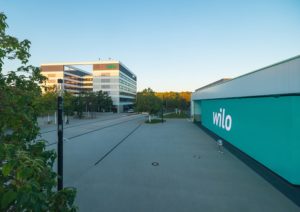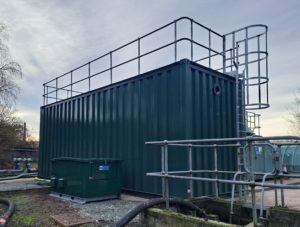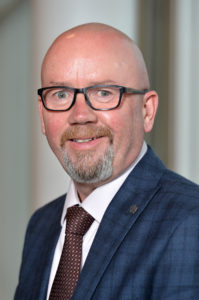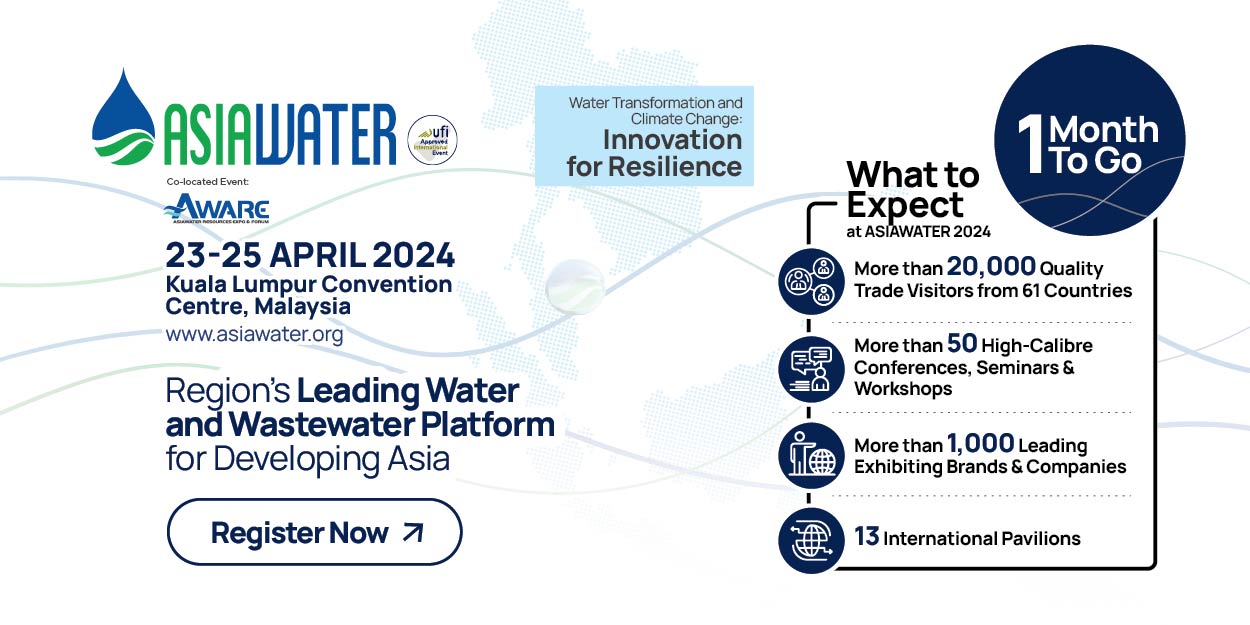Municipal Wastewater Plants Will Invest $26 Billion In Flow Control and Treatment This Year
The investment in flow control and treatment at municipal sewage treatment plants around the world will be in excess of $26 billion in 2012.
This is the latest forecast in an aggregation of McIlvaine water-related market research reports.
China has surged to second place in terms of the millions of gallons per day (mgd) receiving secondary treatment. Its secondary treatment capacity is nearly three times that of Germany and more than twice that of Japan.
Whereas, the investment growth in sewage treatment is under five percent in the U.S. and Europe, it is expanding at a rapid rate in the developing countries. The market is growing most rapidly in Asia, but some Latin American countries are investing heavily.
Wastewater treatment levels in Mexico will reach 69.4 percent by 2017. Wastewater treatment levels currently stand at 46.5 percent nationwide, but fifty-five wastewater treatment plants are currently under construction which will increase national treatment capacity by 23 percent. The majority of the plants under construction are small or medium-sized, but also include large projects such as the 4.3 million m3/day (1,140 MGD) Atotonilco plant in Hidalgo state and the 8,500 liter/second (194 MGD) Agua Prieta plant in Jalisco state.
Investments in monitoring equipment and software are increasing at double-digit rates in many of the developing countries. In India, the Pimpri-Chinchwad Municipal Corporation (PCMC) announced plans to bring all eleven of its sewage treatment plants into a central Supervisory Control and Data Acquisition (SCADA) system.
The combined capacity of the eleven WWTPs is 297 million liters/day (78.5 MGD). Six newly-built WWTPs have local SCADA systems which will be tied into the central system. Five older WWTPs will have new SCADA systems installed with connections to the central system. The SCADA system will enable PCMC to monitor the water levels, the amount of treated sewage, the quality of treatment, dissolved oxygen level, chemical oxygen demand and other aspects of STPs.
Pumps are the leading equipment category. Over $8 billion will be invested in pumps bringing the sewage to the plants and then moving it from one treatment process to another. The next biggest category is sedimentation and centrifugation. This includes the clarifiers, centrifuges, thickeners, dissolved air flotation systems and other devices using gravity separation.
Source: The McIlvaine Company







